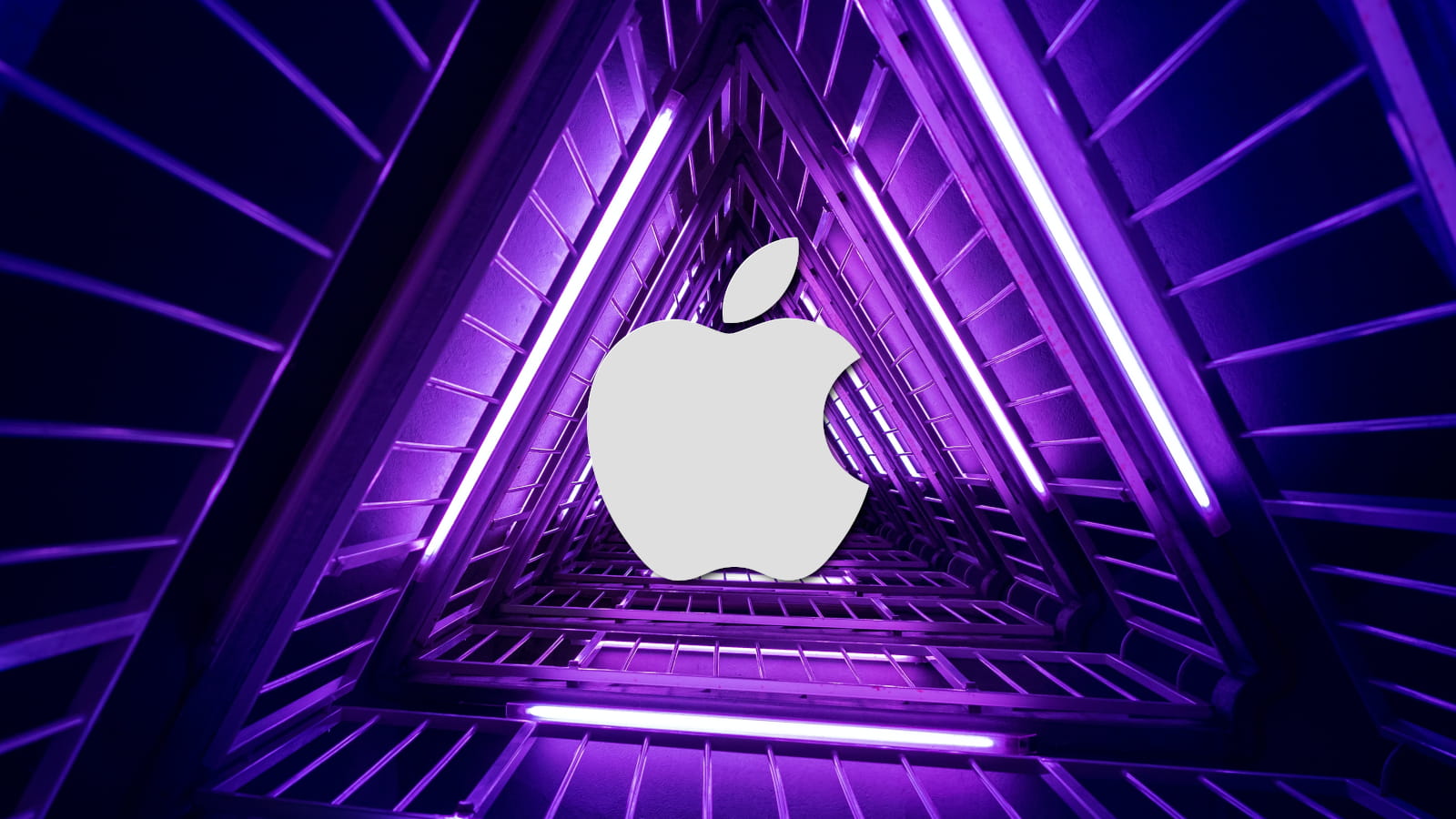August has seen a flurry of patches released by technology giants like Microsoft, Google Chrome, and Firefox to fix serious vulnerabilities. These patches are crucial as some of the flaws are already being exploited in attacks. While there was no iPhone update from Apple, major fixes were released for enterprise software, including Ivanti, SAP, and Cisco. Microsoft's Patch Tuesday fixed numerous vulnerabilities, including ones being actively targeted. Google Chrome also issued updates, addressing high impact flaws in V8 and WebRTC. Firefox patched various vulnerabilities, some of which could lead to arbitrary code execution. Lastly, Google patched several critical vulnerabilities in its Android operating system, including RCE issues in System and Media Framework.
Hackers are using a device called Flipper Zero to spam iPhones with fake Bluetooth pop-ups, rendering the device unusable, and Apple has yet to provide a solution to prevent these attacks.
Apple has released emergency security updates to fix two new zero-day vulnerabilities that were exploited in attacks targeting iPhone and Mac users, bringing the total number of exploited zero-days patched this year to 13.
Apple devices are vulnerable to a zero-click, zero-day vulnerability that allows the delivery of Pegasus spyware, even on the latest iOS version, with the exploit being referred to as BLASTPASS by researchers at Citizen Lab who collaborated with Apple on addressing the issue.
Apple has released iOS 16.6.1, an emergency update for iPhones, to fix two serious flaws that have been actively exploited by attackers to deliver spyware without user interaction.
Apple has urged iPhone users to update their operating systems due to a new security breach exploited by Israeli NSO's Pegasus spyware, causing concerns in Israel over potential backlash from the US.
The U.S. Cybersecurity and Infrastructure Security Agency (CISA) has ordered federal agencies to patch security vulnerabilities used in a zero-click iMessage exploit chain that infected iPhones with NSO Group's Pegasus spyware.
After the release of iOS 16.6.1, Apple has stopped signing iOS 16.6, making it impossible to downgrade to the previous version, which is a common practice to encourage users to keep their systems updated; iOS 16.6.1 fixes a security vulnerability.
Apple has released iOS 17.0.1 with three important security patches, addressing actively exploited vulnerabilities, including a kernel flaw, a signature validation bypass issue, and a WebKit vulnerability allowing arbitrary code execution.
Apple has released emergency security updates to fix three new zero-day vulnerabilities that were exploited to target iPhone and Mac users, bringing the total number of zero-days fixed this year to 16. The vulnerabilities allowed attackers to bypass signature validation, execute arbitrary code, and escalate privileges. The impacted devices include iPhone 8 and later, iPad mini 5th generation and later, Macs running macOS Monterey and newer, and Apple Watch Series 4 and later. The zero-days were discovered and reported by security researchers at Citizen Lab and Google's Threat Analysis Group.
Apple has released urgent security updates to patch vulnerabilities actively exploited, including flaws in WebKit, certificate validation, and kernel access, which were part of an exploit chain used to plant the Pegasus and Predator spyware.
Users of Apple's iPhone, iPad, Apple Watch, and Mac are being warned to update their devices immediately due to active and sophisticated spyware attacks targeting high-profile individuals, with the security update addressing three critical vulnerabilities.
Apple has released a new security update for iPhones, iPads, and other devices to protect against three vulnerabilities, following a previous update released earlier this month.
Google has released an emergency patch for a zero-day vulnerability in Chrome that was exploited by a commercial spyware vendor, and the vulnerability has been linked to the zero-click iMessage exploit chain used to deploy the NSO Group's Pegasus spyware on compromised iPhones.
Apple has released the iOS 17.0.3 update for iPhone and iPadOS 17.0.3 update for iPads, addressing an overheating issue on iPhone 15 Pro and iPhone 15 Pro Max and a kernel vulnerability that could be exploited by attackers.
Apple has released an emergency patch to address a serious security flaw that may have already been exploited by attackers, marking the 16th documented zero-day exploit against Apple's iOS, iPadOS, and macOS-powered devices.
